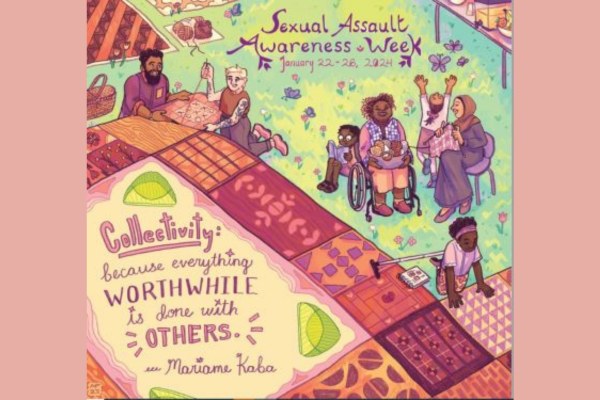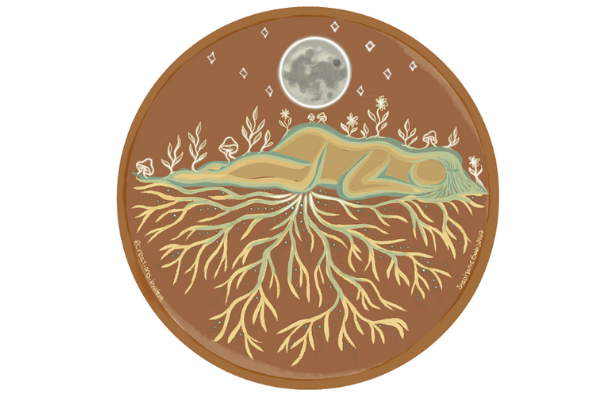The added stress of the pandemic has gotten to all of us, particularly students who are feeling isolated and alone amongst this new environment, which has negatively impacted our mental health. It is important to take the time to check in with friends, family and loved ones, and, more importantly, look after yourself.
Look After Yourself
It is important to take some time out of your day to sit and reflect on how you are feeling to recognize if you are feeling stressed, anxious or are feeling a bit down in the dumps. This will allow you to get ahead of these feelings and manage them by getting help from either friends, family or other resources.
A part of taking care of yourself is also taking some time out of every day to do the things you love and enjoy, such as reading a book, going for a walk or playing some video games. This will help you manage any stress or anxiety that may have been bubbling up.
Your friends and family are your best support systems and scheduling a weekly Zoom or phone call with them can help combat the feeling of being isolated or alone. It allows your loved ones to check in with you to see how you are doing and lets you to do the same.
Check in with Friends and Family
It is important to keep checking in with friends and family during the pandemic, especially your loved ones that you suspect are having an especially difficult time with either their mental health or an unhealthy relationship. Your loved ones may feel trapped in an unhealthy relationship because of the pandemic, which makes it very important to keep in touch with them and reach out to offer help. If you are concerned about a friend or family member and their mental health or their relationship, there are four steps from Carleton University’s Supporting a Friend workshop that you can use to reach out. You just need to remember the four R’s: Recognize, Respond, Refer and Reflect.
Recognize
This step focuses on how to recognize symptoms and behaviours that may indicate that your loved one is suffering from mental health struggles. While any one of the following symptoms does not explicitly indicate serious distress, several signs and changes, which may be sudden, can point to potential mental health concerns. Check in with your loved ones if you notice changes in interactions with others, tired appearance, appetite and weight changes, isolation from friends and family, level of personal hygiene and level of substance use.
Respond
Next, it is important to approach your friends or family with empathy and compassion and let them know that you are there for them and would like to help support them. Be gentle and try to explain why you are concerned using examples of what you have noticed. It is important to validate what your loved one is going through by letting them know that you are there for them and are interested in what they are telling you.
Refer
While you serve as an amazing support system, sometimes your loved one needs more help and support. Act as a resource by connecting them to professionals or support groups. It is important to let them choose for themselves; if they do not want to access the resources you have provided them, you need to respect their decision and let them know that you support them 100%. The only exception would be if the situation was an emergency.
Reflect
Supporting a friend through a situation like this can be very hard on your own physical and mental health. Your safety and well-being are just as important as the person in distress, and recognizing the limits of what you can do is an important part of taking care of yourself and your loved one. This is the time to reflect on your own needs and seek support for yourself, as well as realize that you cannot control how your friend will respond and you cannot make decisions for them.
Reach out for help for yourself if you are experiencing any of the following as a result of helping your loved one: your grades are impacted, you are sleep deprived, your thoughts are distracted or you feel overly depended-on by your friend.
Carleton Mental Health and Well-Being will be hosting a Supporting a Friend workshop at the end of March that all students are welcome to attend. This is a great opportunity to learn more about how to be there for your loved ones, as well as how to be there for yourself. More information on the workshop will be coming soon.
Recent Quote the Raven Posts
Read the latest from our student Bloggers











 Ask Me
Ask Me